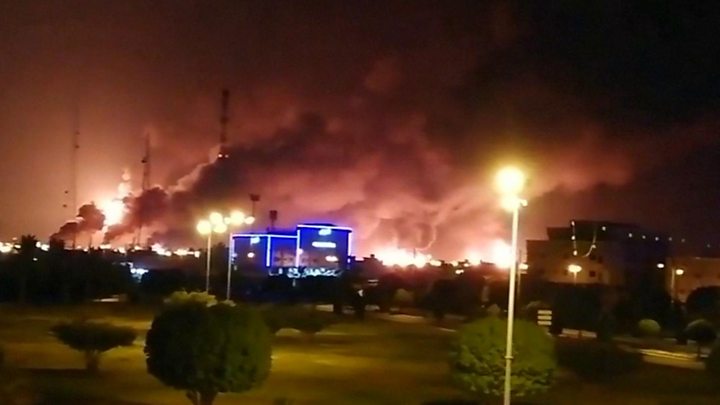
The US has announced plans to send forces to Saudi Arabia in the wake of attacks against the country's oil infrastructure.
Secretary of Defense Mark Esper told reporters the deployment would be "defensive in nature". Total troop numbers have not yet been decided.
Yemen's Iran-backed Houthi rebels have claimed responsibility for the attacks against two oil facilities last week.
But the US and Saudi Arabia have both blamed Iran itself.
Earlier on Friday however, President Trump announced "highest level" sanctions against Iran while signalling he wanted to avoid military conflict.
"I think the strong person approach, and the thing that does show strength, would be showing a little bit of restraint," he told reporters in the Oval Office.
The fresh sanctions will focus on Iran's central bank and its sovereign wealth fund, Mr Trump said.
What did the Pentagon say?
Mr Esper made the announcement alongside the chairman of the Joint Chiefs of Staff, Gen Joseph Dunford Jr on Friday.
Saudi Arabia and the United Arab Emirates requested assistance, Mr Esper said. The forces will focus on boosting air and missile defences, and the US will "accelerate the delivery of military equipment" to both nations.
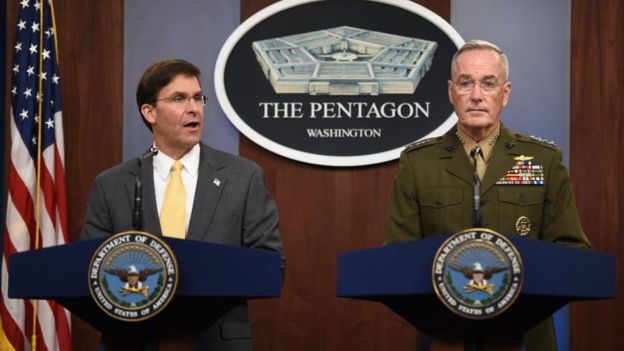 GETTY IMAGES
GETTY IMAGES
Gen Dunford called the deployment "moderate" and said it would not number in the thousands. He gave no further details about the type of forces to be sent.
According to the New York Times, when reporters asked Mr Esper if military strikes on Iran were still being considered, the defence secretary responded: "That's not where we are right now."
What happened in Saudi Arabia?
Strikes hit the Abqaiq oil facility and the Khurais oil field in Saudi Arabia a week ago, affecting the global oil supply.
On Wednesday, the kingdom's defence ministry showed off what it says are the remains of drones and cruises missiles proving Iranian involvement. The country is however still "working to know exactly the launch point", a spokesman said.
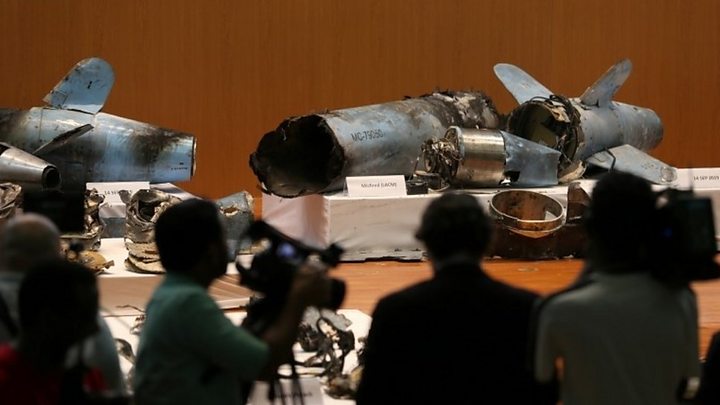
The US also alleges Iran is responsible. Senior officials have told US media outlets they had evidence the attacks originated in the south of Iran.
Iran has repeatedly denied any role in the strikes, with President Hassan Rouhani calling the attacks a reciprocal act by the "Yemeni people".
"US is in denial if it thinks that Yemeni victims of 4.5 yrs of the worst war crimes wouldn't do all to strike back," Iran's Foreign Minister Mohammad Javad Zarif tweeted.
On Wednesday, Secretary of State Mike Pompeo had called the strikes "an act of war".
Mr Zarif warned on Twitter that Iran had no desire for war but "we will not hesitate to defend ourselves".
What's the background to all this?
The Houthis have repeatedly launched rockets, missiles and drones at populated areas in Saudi Arabia. They are in conflict with a Saudi-led coalition which backs a president who the rebels had forced to flee when the Yemeni conflict escalated in March 2015.
Iran is the regional rival of Saudi Arabia and an opponent of the US, which pulled out of a treaty aimed at limiting Tehran's nuclear programme after Mr Trump took power.
US-Iran tensions have risen markedly this year.
The US said Iran was behind attacks on two oil tankers in the Gulf in June and July, as well as on another four in May. Tehran rejected the accusations in both cases.
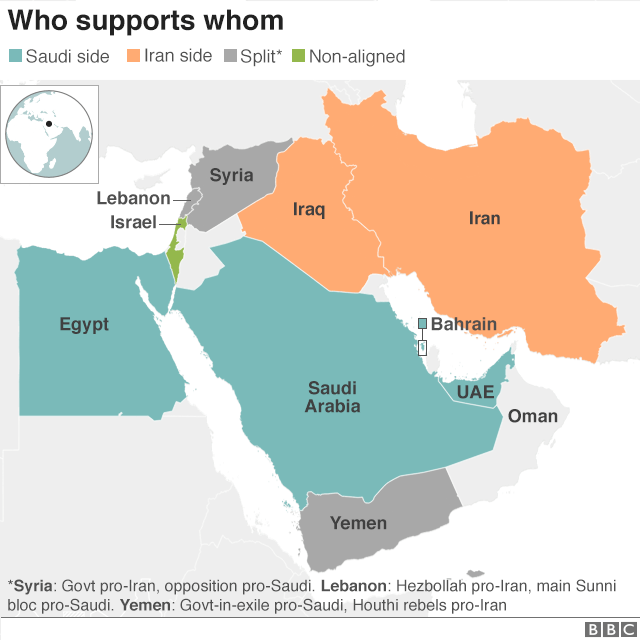

US & Canada
SPORT Patriots release Brown after one game
- 20 September 2019
- Sport
What US children are sacrificing for climate
- 21 September 2019
- US & Canada
Trudeau seeks to put blackface scandal behind him
- 20 September 2019
- US & Canada


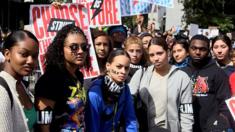
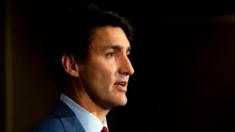

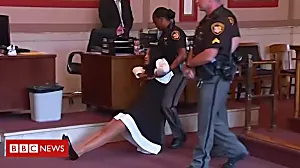


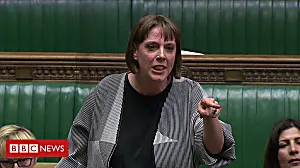
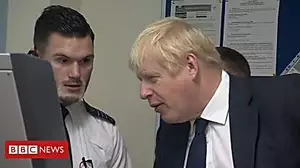
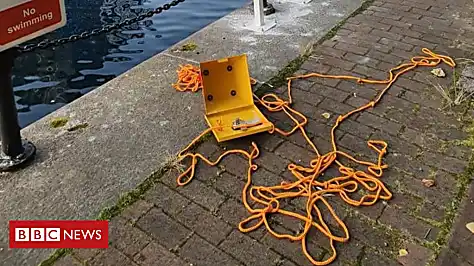
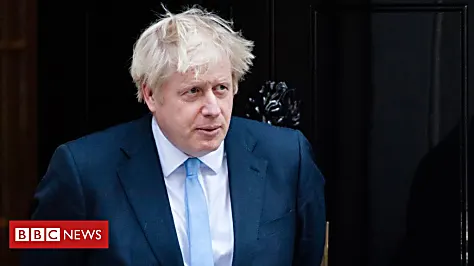





![[Pics] New Cars Coming in 2020 [Pics] New Cars Coming in 2020](https://images.outbrainimg.com/transform/v3/eyJpdSI6IjNhNTdlMmU0YzQ4MTMxY2Y5NDg5ZGRkY2FmYTZhNzU5YzIyZjkwZmE3M2NjMTA2MzY4N2VhMjNhMmFiYjY0OGIiLCJ3IjoxNjAsImgiOjkwLCJkIjoxLjUsImNzIjowLCJmIjo0fQ.webp)


![[Gallery] Photographs From the Battlefields of World War 2 [Gallery] Photographs From the Battlefields of World War 2](https://images.outbrainimg.com/transform/v3/eyJpdSI6ImU2ZTZiZDIwZGNhODQ0YWMyNzYxYWY4ZWIyYTRkZWE4Y2FkNTE0OTdkNjUxM2I5OTczZjlmYzE2YzI1NTY5NzEiLCJ3IjoxNjAsImgiOjkwLCJkIjoxLjUsImNzIjowLCJmIjo0fQ.webp)

No comments:
Post a Comment